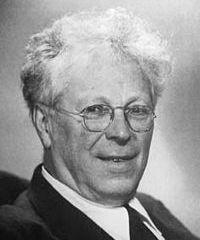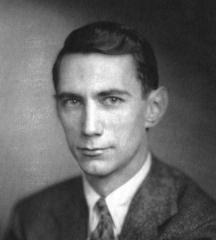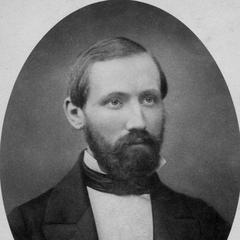Charles Babbage Quotes about Science

Charles Babbage, Anthony Hyman (1989). “Science and Reform: Selected Works of Charles Babbage”, p.119, Cambridge University Press
What is there in a name? It is merely an empty basket, until you put something into it.
Charles Babbage (1864). “Passages from the Life of a Philosopher”, p.1, London : Longman, Green, Longman, Roberts, & Green
Charles Babbage (1830). “Reflections on the Decline of Science in England, and on Some of Its Causes”, p.18
Charles Babbage, Anthony Hyman (1989). “Science and Reform: Selected Works of Charles Babbage”, p.116, Cambridge University Press
Charles Babbage (1832). “On the Economy of Machinery and Manufactures ... Second edition enlarged”, p.156
Charles Babbage (1830). “Reflections on the Decline of Science in England: And on Some of Its Causes, by Charles Babbage (1830). To which is Added On the Alleged Decline of Science in England, by a Foreigner (Gerard Moll) with a Foreword by Michael Faraday (1831).”, p.17
Charles Babbage, Anthony Hyman (1989). “Science and Reform: Selected Works of Charles Babbage”, p.202, Cambridge University Press
"Charles Babbage: Pioneer of the Computer". Book by Anthony Hyman, 1982.
Charles Babbage, Anthony Hyman (1989). “Science and Reform: Selected Works of Charles Babbage”, p.116, Cambridge University Press
"The Exposition of 1851; or, Views of the industry, the science, and the government of England".
Charles Babbage (1830). “Reflections on the Decline of Science in England: And on Some of Its Causes, by Charles Babbage (1830). To which is Added On the Alleged Decline of Science in England, by a Foreigner (Gerard Moll) with a Foreword by Michael Faraday (1831).”, p.177
Charles Babbage (1830). “Reflections on the Decline of Science in England, and on Some of Its Causes”, p.19
Charles Babbage (1830). “Reflections on the Decline of Science in England: And on Some of Its Causes, by Charles Babbage (1830). To which is Added On the Alleged Decline of Science in England, by a Foreigner (Gerard Moll) with a Foreword by Michael Faraday (1831).”, p.5
Charles Babbage (1830). “Reflections on the Decline of Science in England: And on Some of Its Causes, by Charles Babbage (1830). To which is Added On the Alleged Decline of Science in England, by a Foreigner (Gerard Moll) with a Foreword by Michael Faraday (1831).”, p.1
Charles Babbage (1851). “The Exposition of 1851; or, Views of the industry, the science, and the government of England”, p.189
Charles Babbage, Anthony Hyman (1989). “Science and Reform: Selected Works of Charles Babbage”, p.124, Cambridge University Press
Charles Babbage (1970). “Reflections on the Decline of Science in England: And on Some of Its Causes”, Augustus m Kelley Pubs






